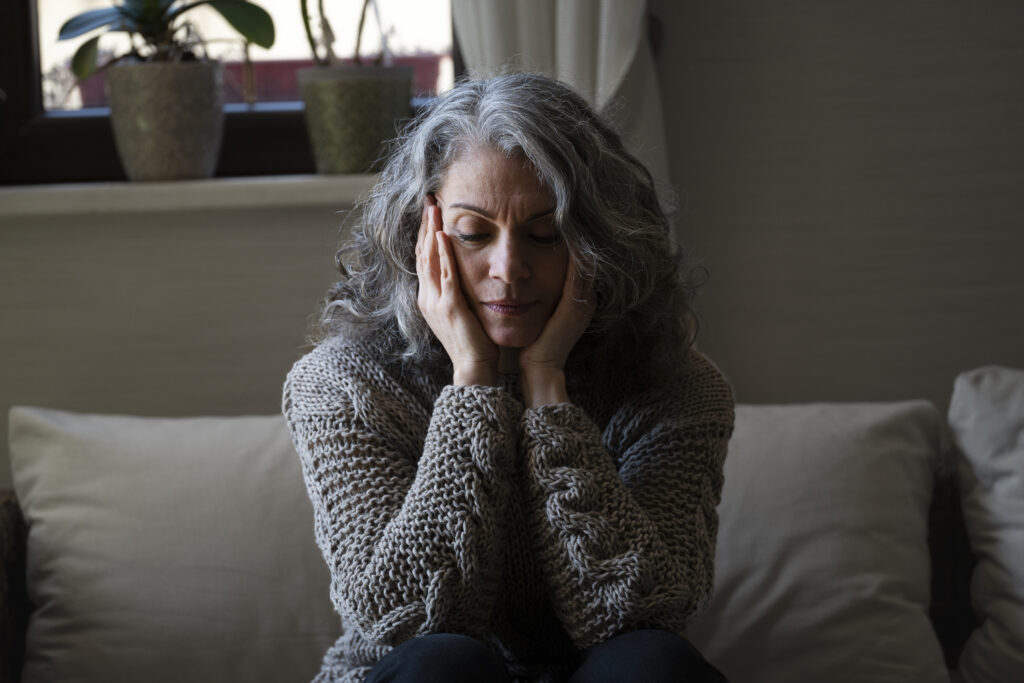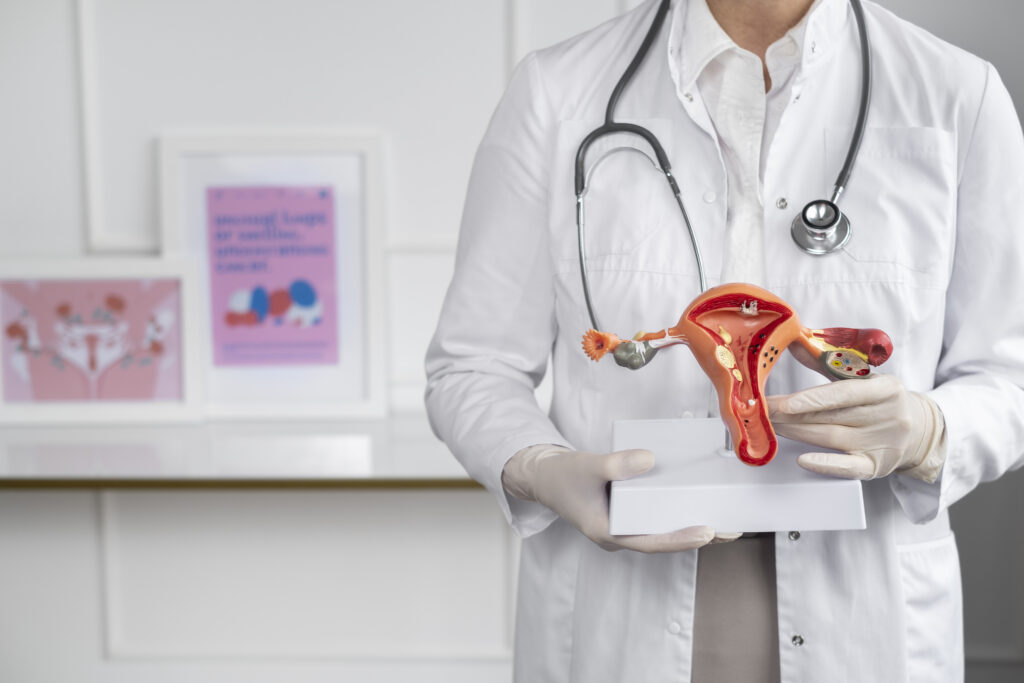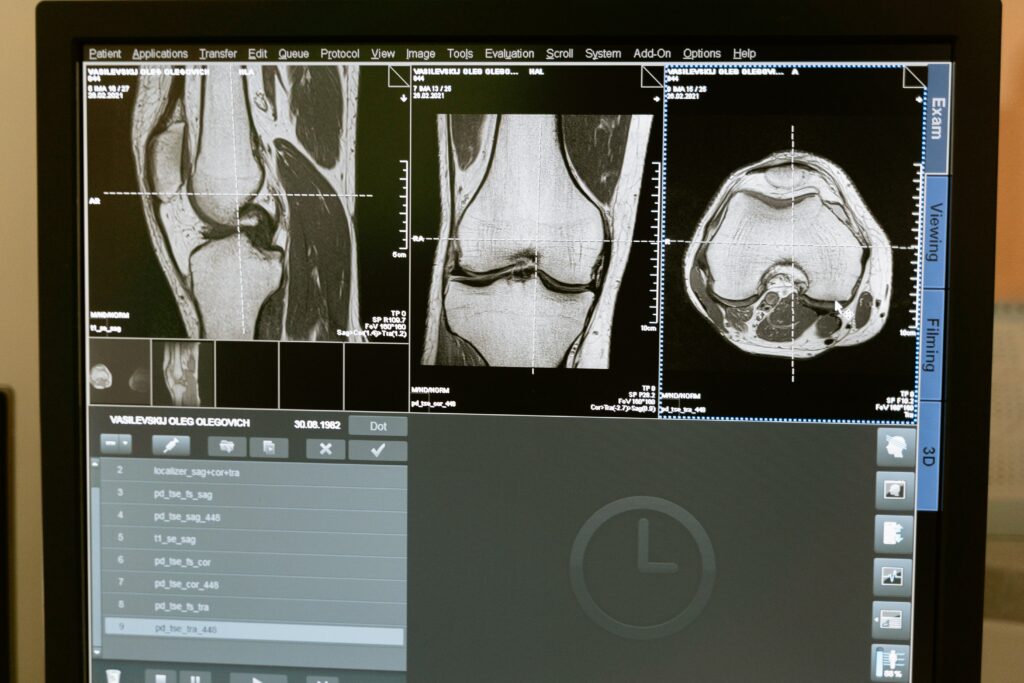Managing Menopause: Your Guide to Hormone Balance After 50
Contents
- 1 Managing Menopause: Your Guide to Hormone Balance After 50
- 1.1 Introduction
- 1.2 Understanding Menopause: A Natural Phase of Life
- 1.3 Hormonal Changes and Their Impact
- 1.4 Strategies for Hormone Balance
- 1.5 Dietary Choices for Hormone Health
- 1.6 Staying Active: Exercise for Hormonal Equilibrium
- 1.7 Managing Stress for Hormonal Well-being
- 1.8 Sleep Quality and Hormone Balance
- 1.9 Considering Hormone Therapy
- 1.10 Natural Remedies and Herbal Supplements
- 1.11 Navigating Mood Swings and Emotional Changes
- 1.12 Maintaining Bone Health
- 1.13 Addressing Vaginal Health
- 1.14 Embracing Menopause: A Journey of Transformation
- 1.15 FAQs
- 1.16
- 1.17 In Conclusion
Read DISCLAIMER
Explore strategies and insights for managing menopause and maintaining hormone balance after 50. Our comprehensive guide offers valuable tips and information for navigating this important life stage

Introduction
Hormonal shifts can cause a variety of physical and mental changes in women as they get closer to the menopausal milestone. For a seamless transition and general wellbeing, managing menopause successfully and maintaining hormone balance after the age of 50 is crucial. We’ll explore tried-and-true methods, knowledgeable viewpoints, and useful advice to help you successfully traverse this important life stage in this in-depth book.
Understanding Menopause: A Natural Phase of Life
The menopause, a biologically normal process, signals the end of a woman’s fertile years. With an average age of 51, it generally affects people between the ages of 45 and 55. In this stage, the ovaries gradually produce less estrogen and progesterone, which causes the menstrual cycle to end.

Hormonal Changes and Their Impact
Hot flashes, nocturnal sweats, mood swings, and changes in libido are just a few of the symptoms that can result from the hormonal changes associated with menopause. The body responds to reduced hormone levels by going through these adjustments. For the purpose of regulating their effects on daily life, it is essential to comprehend these alterations.
Strategies for Hormone Balance
In order to maintain hormone balance before and after menopause, a holistic strategy including multiple elements of wellbeing is necessary. Hormonal equilibrium is promoted by lifestyle changes including eating a nutritious, well-balanced diet, exercising frequently, minimizing stress, and giving sleep first priority.

Dietary Choices for Hormone Health
The balance of hormones can be dramatically impacted by a well-balanced diet. Including calcium and vitamin D sources, as well as foods high in phytoestrogens like soy and flaxseeds, improves bone health and reduces certain menopausal symptoms. Staying hydrated and limiting coffee and alcohol consumption both improve general wellbeing.
Staying Active: Exercise for Hormonal Equilibrium
Numerous advantages come with regular exercise during menopause. Exercise maintains bone density, promotes healthy weight maintenance, and generates feel-good endorphins. Hormonal balance can be improved by include flexibility, strength, and cardio activities in your program..
Managing Stress for Hormonal Well-being
Menopausal symptoms might worsen and hormone balance can be disturbed by persistent stress. These negative consequences can be lessened and emotional wellbeing can be enhanced by employing effective stress management practices including mindfulness meditation, deep breathing exercises, and hobby participation.

Sleep Quality and Hormone Balance
For hormonal balance, getting enough sleep is essential. Sleep difficulties are frequent during the menopause and are frequently brought on by night sweats and hormonal changes. The quality of your sleep and your hormonal health may both be improved by sticking to a regular sleep pattern, making your bedroom relaxing, and using relaxation techniques.
Considering Hormone Therapy
Hormone treatment (HT) may be a good choice for some women to treat severe menopausal symptoms. HT entails giving the body more hormones like progesterone and estrogen. It’s crucial to speak with a healthcare professional to ascertain whether HT is appropriate for your particular requirements and circumstances..
Natural Remedies and Herbal Supplements
Many herbal remedies, including red clover and black cohosh, are frequently used to treat menopausal symptoms. While some women may find relief from these natural treatments, it’s important to speak with a healthcare provider before adding them into your routine.

Menopause is characterized by frequent mood swings and emotional disturbances brought on by hormonal changes as well as other causes. These emotional swings can be managed by engaging in creative endeavors, practicing mindfulness, and asking friends and family for assistance.

Maintaining Bone Health
Menopause-related hormonal changes may affect bone density and raise the risk of osteoporosis. The risk of fractures can be decreased by increasing your intake of calcium-rich foods, vitamin D, and weight-bearing workouts.
Addressing Vaginal Health
Reduced estrogen levels can cause dryness and pain in the vaginal area. These symptoms can be reduced by utilizing water-based lubricants, drinking enough of water, and talking with a healthcare professional about your treatment choices.
Embracing Menopause: A Journey of Transformation
Menopause marks the beginning of a new stage of life, one that may be welcomed with optimism and planning. Women may negotiate this path with confidence and maximize their wellbeing by being aware of the hormonal changes, putting practical solutions into practice, and obtaining expert advice when required.
FAQs
Does menopause affect every woman in the same way?
No, the experience of menopause varies from woman to woman. Factors such as genetics, lifestyle, and overall health play a role in how menopause unfolds.
Are there non-hormonal options for managing menopausal symptoms?
Yes, non-hormonal approaches include lifestyle modifications, herbal supplements, and cognitive-behavioral therapy, among others.
Is hormone therapy safe for everyone?
Hormone therapy may have risks and benefits, and its suitability depends on individual health conditions. Consultation with a healthcare provider is essential before considering hormone therapy.
Can exercise alleviate menopausal mood swings?
Yes, regular exercise releases endorphins that can improve mood and reduce mood swings commonly associated with menopause.
How can I manage weight gain during menopause?
Maintaining a balanced diet, staying physically active, and managing stress can help prevent or manage weight gain during menopause.
In Conclusion
Embracing menopause and maintaining hormone balance after 50 is a journey that involves knowledge, self-care, and a proactive approach to well-being. By understanding the intricacies of this phase, implementing effective strategies, and seeking support from healthcare professionals when needed, women can navigate menopause with grace and confidence.

You’ve been great to me. Thank you! http://www.ifashionstyles.com
Thanks for enabling me to obtain new suggestions about computers. I also possess the belief that one of the best ways to keep your laptop computer in perfect condition is a hard plastic-type material case, or even shell, that fits over the top of the computer. A lot of these protective gear tend to be model precise since they are manufactured to fit perfectly across the natural covering. You can buy all of them directly from the seller, or via third party sources if they are readily available for your notebook computer, however not all laptop will have a shell on the market. Again, thanks for your tips.
I’ve been surfing online more than 3 hours today, yet I never found any interesting article like yours. It is pretty worth enough for me. In my opinion, if all webmasters and bloggers made good content as you did, the web will be much more useful than ever before.
Thanks for your post. One other thing is when you are promoting your property all on your own, one of the problems you need to be aware about upfront is how to deal with property inspection reports. As a FSBO owner, the key about successfully transferring your property as well as saving money with real estate agent revenue is awareness. The more you already know, the simpler your home sales effort will be. One area in which this is particularly vital is assessments.